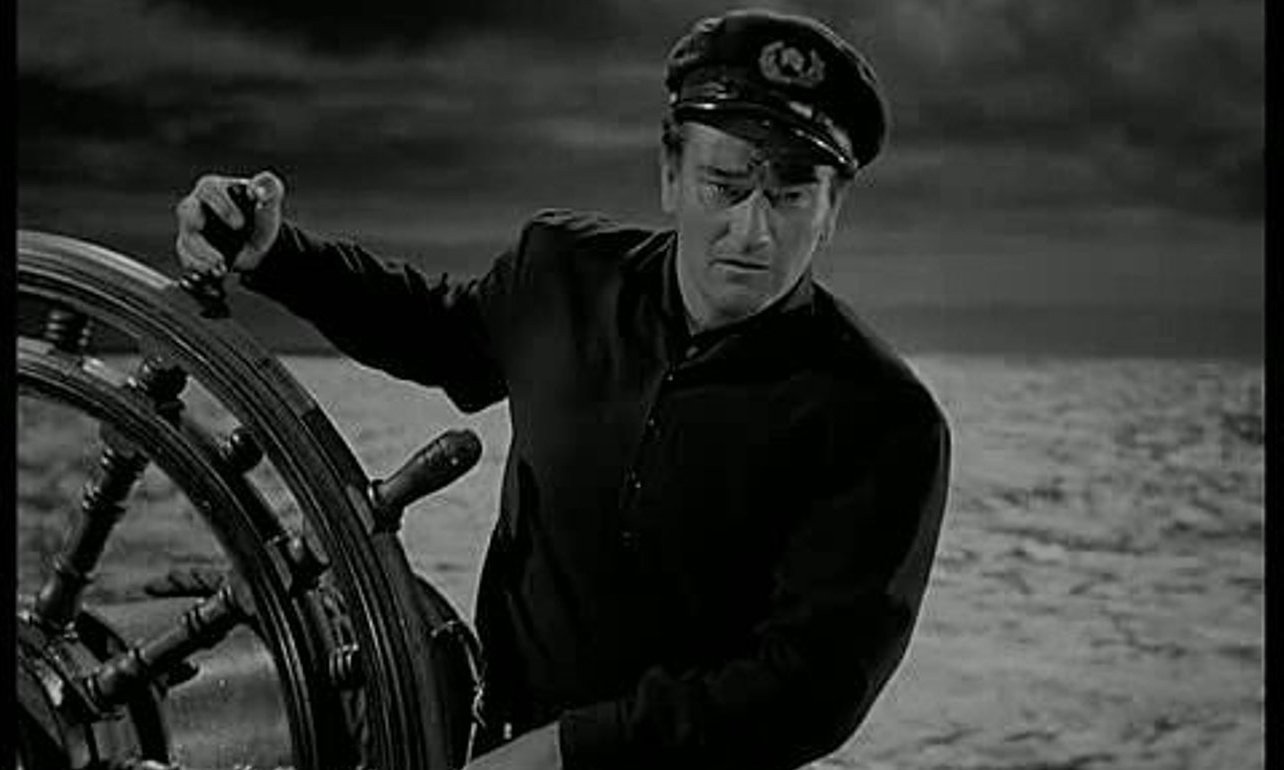
Posted on 09/25/2018 8:33:34 AM PDT by BenLurkin
The team believe the ship was returning from India when it sank sometime between 1575 and 1625.
This was at the height of Portugal's spice trade with Asia.
Chinese porcelain from the late 16th and early 17th centuries was also among the wreck, as were bronze artillery pieces and cowry shells - a currency used in the slave trade.
Cascais municipal council said the ship was found at the start of September while dredging the mouth of the Tagus river, which runs past the resort town through Lisbon.
(Excerpt) Read more at bbc.com ...
ping
Insurance.....................


Commodity money. Interesting topic.
They took a long time to sink...
Real small hole. And it took them a while to find it. Like the one in the space station.
Portugal was still in the slave trade until at least the eve of WWI. In its African colony Angola, anyway.
Very cool stuff. Roger Crowley wrote a nice book on the rise of the Portuguese empire: “Conquerors: How Portugal Forged the First Global Empire”
Unfortunately, the book skims over the rise of the Portuguese maritime capabilities, which I’d love to learn more about. My understanding is that Portuguese cod fishing taught them the lessons of long-distance ocean travel, especially ballast, employment of the caravel with its combination of lateen and square sails, and Atlantic Ocean currents.
Would love to learn more about that.
Thanks nicollo and BenLurkin.
“My understanding is that Portuguese cod fishing taught them the lessons of long-distance ocean travel”
That would most likely be the Basques rather than the Portuguese. The Basques encountered the Vikings in the 9th century and began building boats like them. And that may not have been the only thing that Basques learned from the Vikings. The Basques were supplying Europe with cod for years and wouldn’t reveal their source, but it surely had to be the Grand Banks off of then ‘undiscovered’ North America.
There’s two books by Mark Kurlansky that should be good sources on this, ‘Cod: the fish that changed the world’ and ‘The Basque History of the World’
Thanks for your post, and I’ll look into the Kurlansky book. Certainly the Vikings and, subsequently, the Basques pioneered north Atlantic fishing and exploration, but the 15th century Portuguese advance with the caravel design opened up the age of exploration.
Here for an interesting article on cod fishing history: http://pubs.aina.ucalgary.ca/arctic/Arctic37-4-520.pdf
Disclaimer: Opinions posted on Free Republic are those of the individual posters and do not necessarily represent the opinion of Free Republic or its management. All materials posted herein are protected by copyright law and the exemption for fair use of copyrighted works.